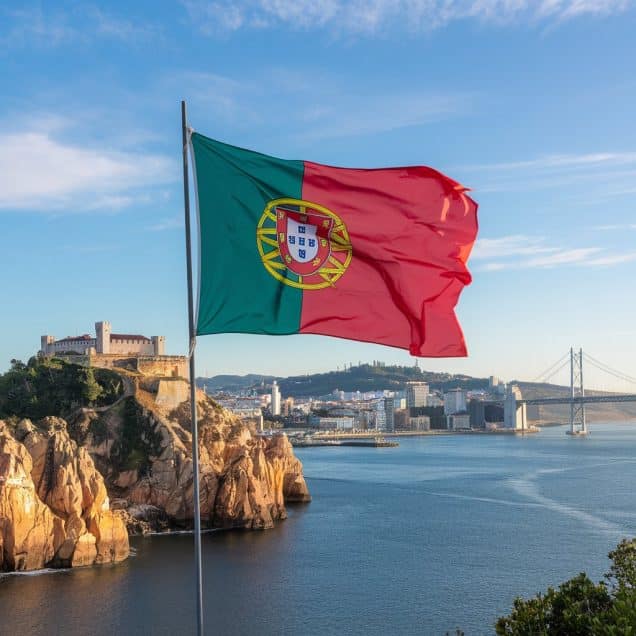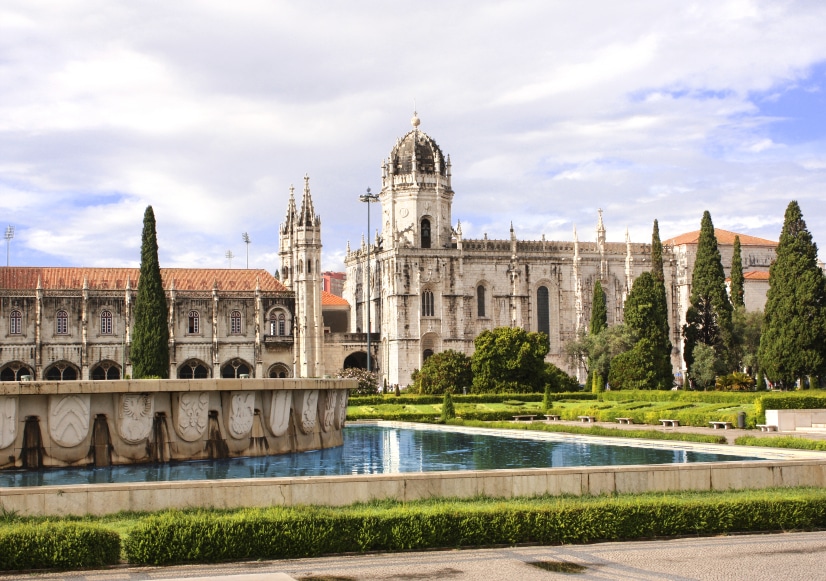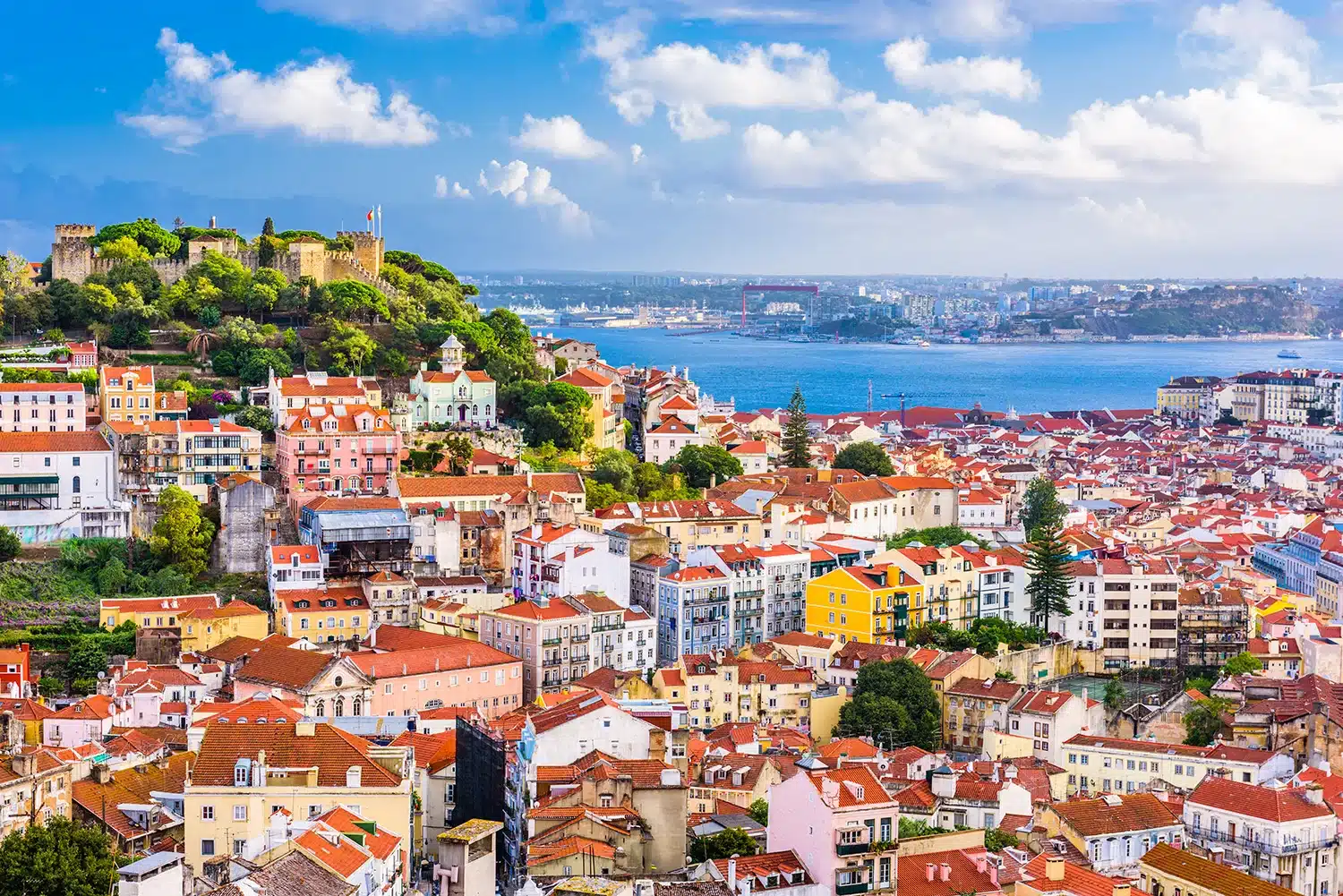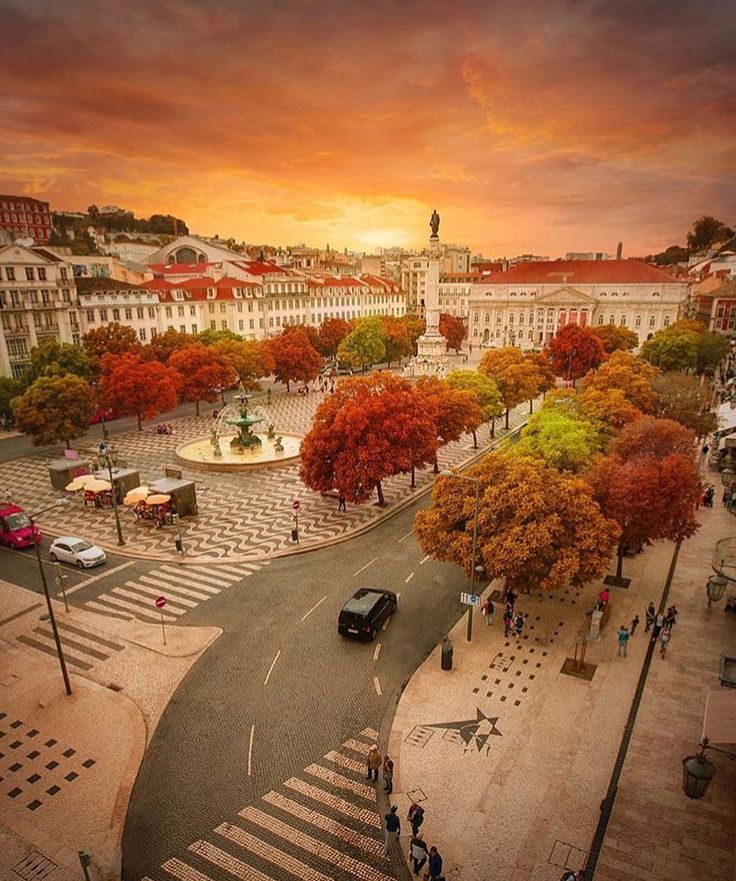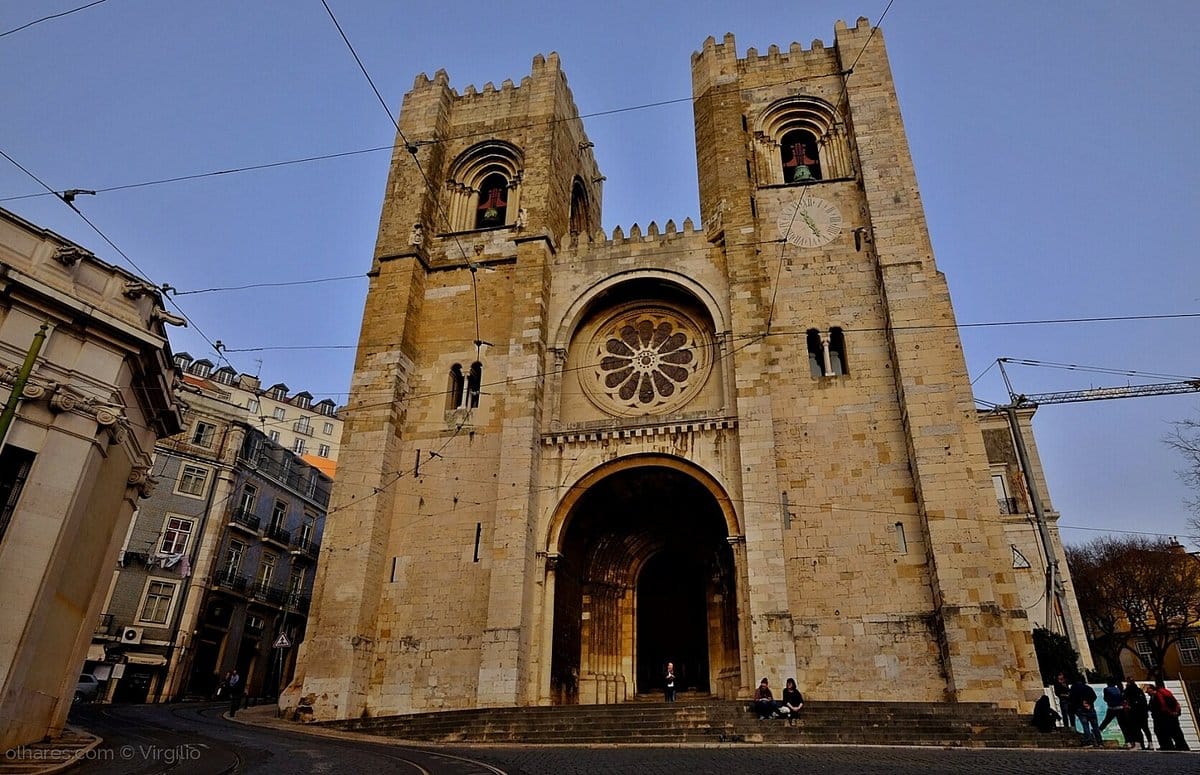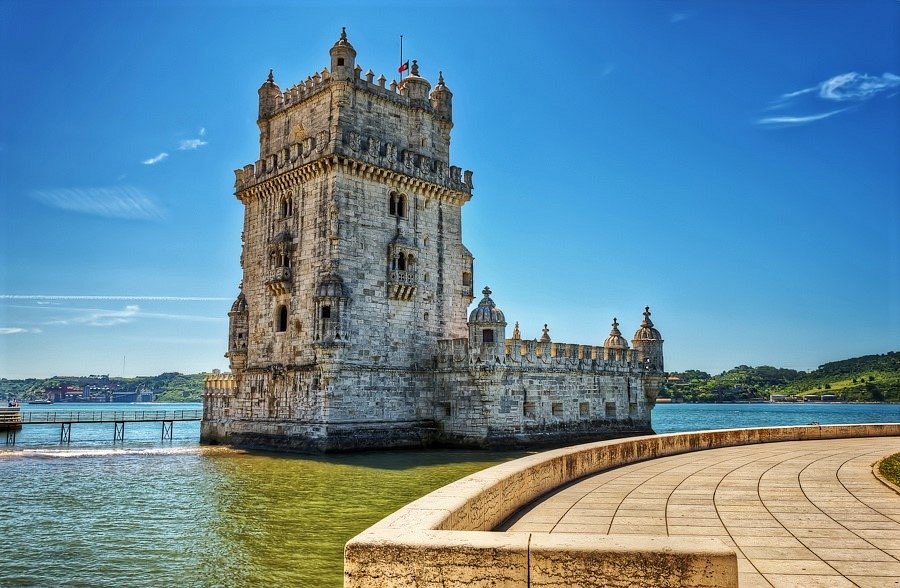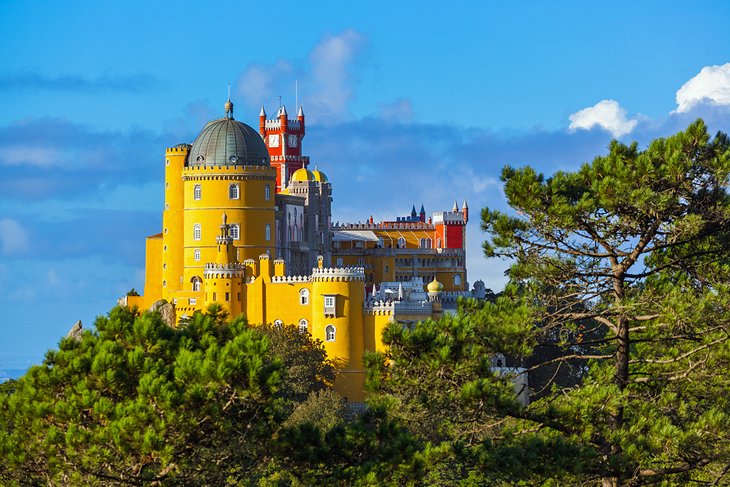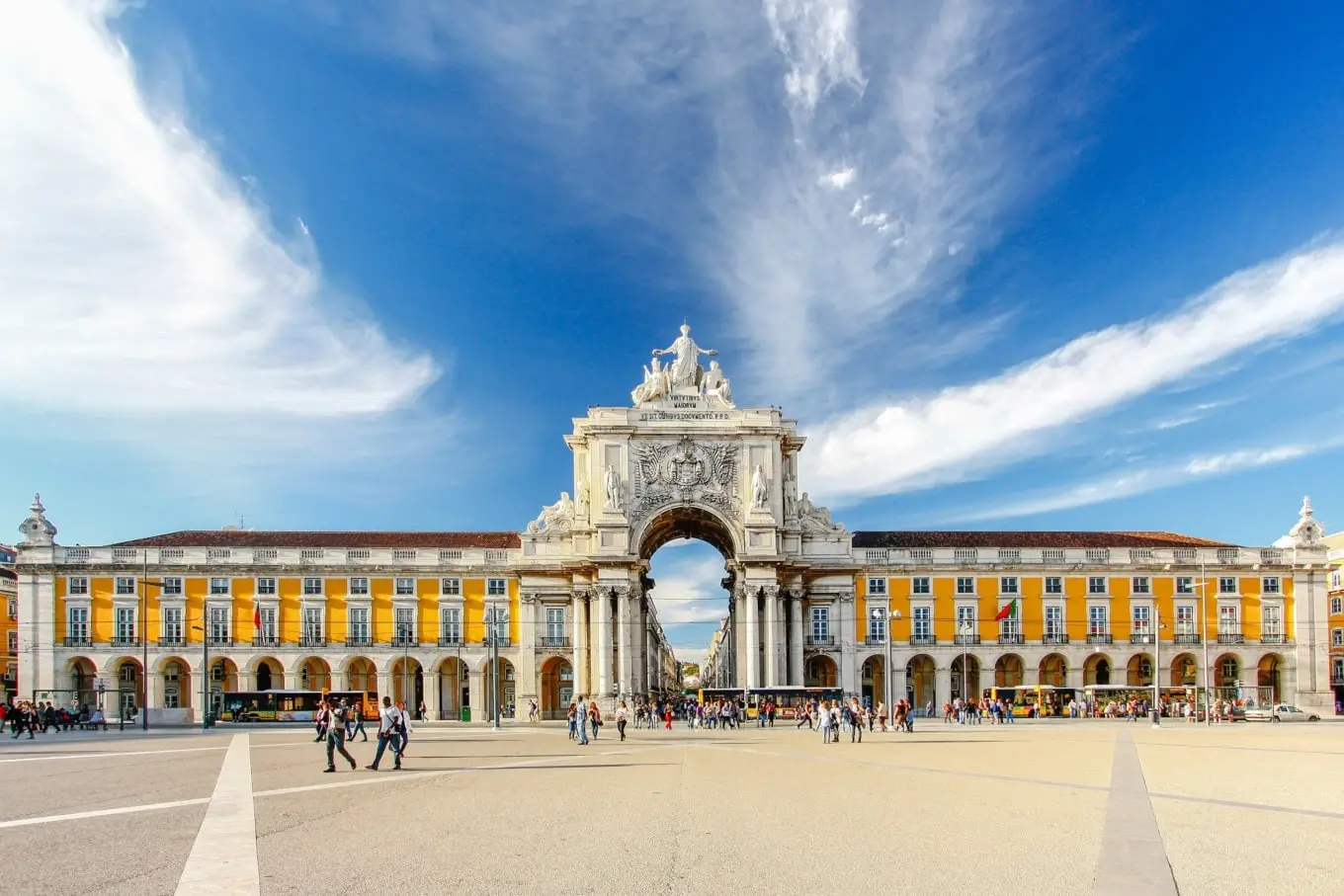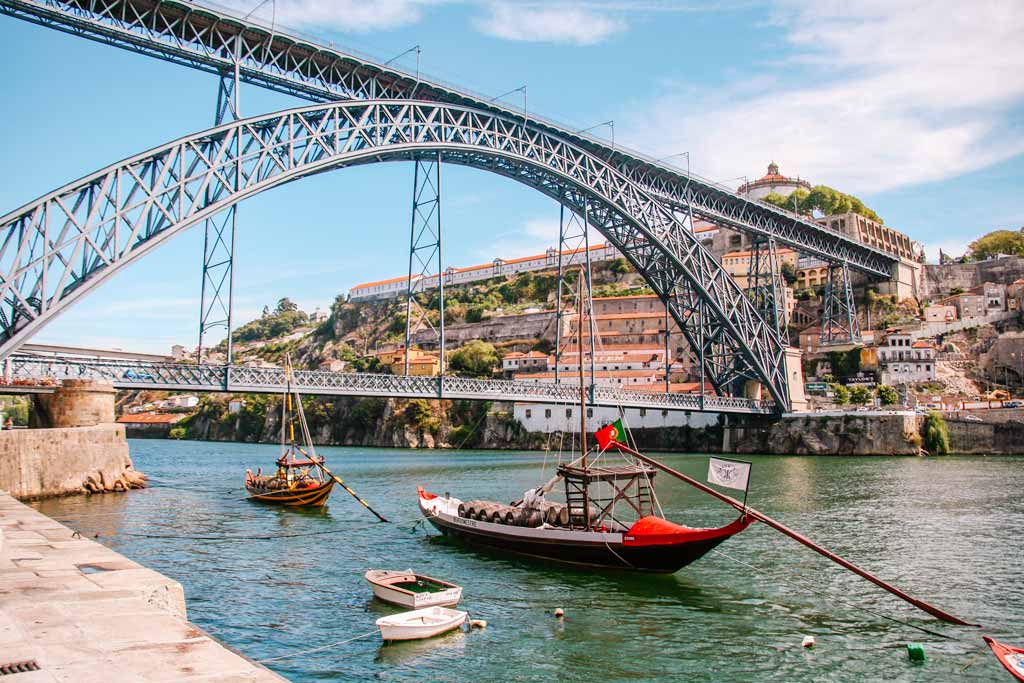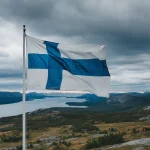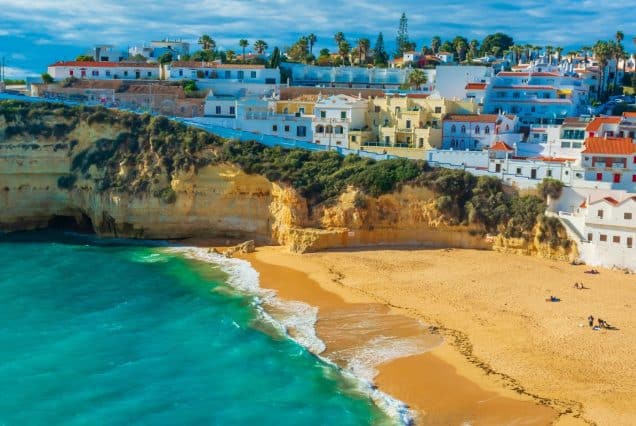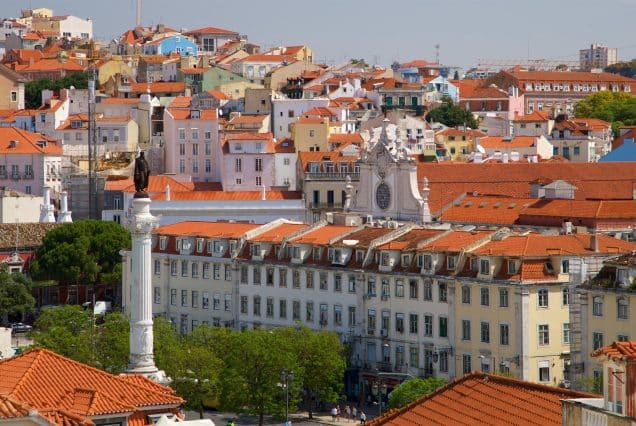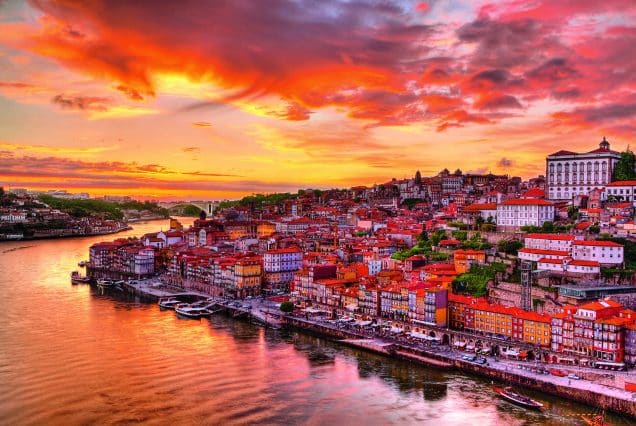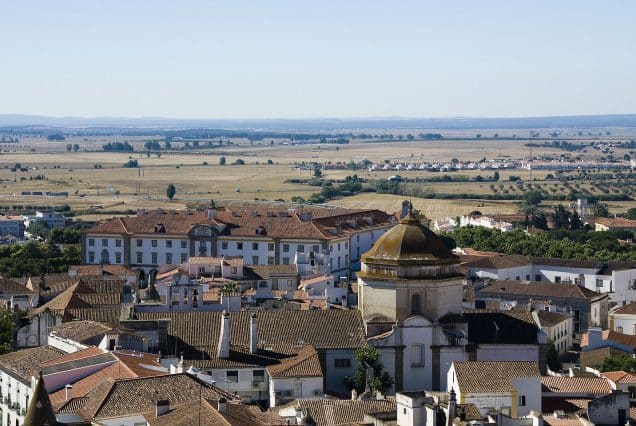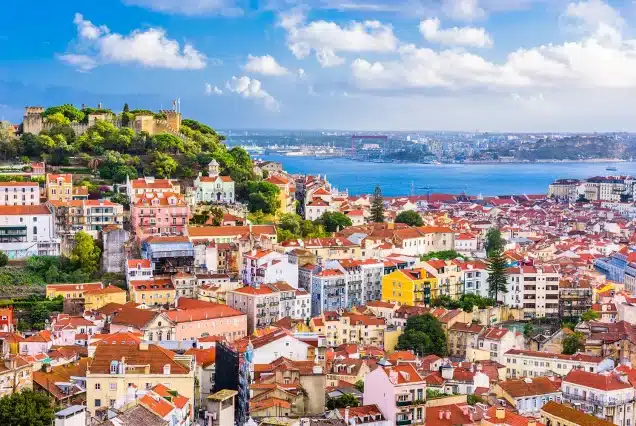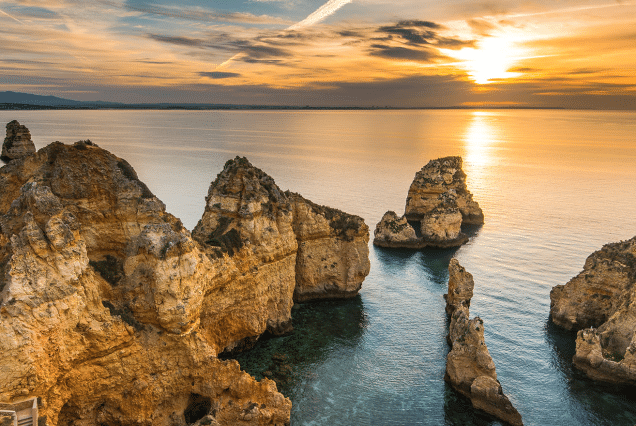

Discover Portugal
Sights
Map
Info
Portugal, known for its stunning landscapes, rich cultural heritage, and warm hospitality, is a country that offers something for every traveler. From the historic streets of Lisbon to the beautiful beaches of the Algarve, Portugal is a blend of old-world charm and modern vibrancy. Whether you’re exploring the picturesque vineyards of the Douro Valley or enjoying the coastal beauty of Cascais, Portugal provides a memorable experience steeped in history, culinary delights, and scenic wonders. To ensure a smooth and enjoyable visit, it’s important to be aware of the country’s travel requirements, transportation options, and cultural norms.
Visa and Passport Requirements
Visa Requirement: Portugal is part of the Schengen Area, so most travelers from Europe and other visa-exempt countries can enter for up to 90 days without a visa.
Passport Validity: Your passport should be valid for at least three months beyond your planned departure date from the Schengen Area.
Schengen Visa: Travelers from non-visa-exempt countries need to apply for a Schengen visa before arrival, which allows for travel within the Schengen zone.
Transportation
Public Transport: Portugal has a well-developed public transportation network, including buses, trams, and metro services, especially in cities like Lisbon and Porto.
Trains: The country has an extensive rail network that connects major cities and towns, making it an efficient way to explore the country.
Car Rentals: Renting a car is a convenient option for exploring rural areas and the coastline, offering more flexibility and access to remote locations.
Accommodation
Hotels: Portugal offers a wide range of hotels, from luxury resorts in popular tourist areas to budget-friendly options in cities and towns.
Pousadas: For a unique experience, consider staying in a Pousada, which are historic buildings, such as castles or monasteries, converted into luxury accommodations.
Vacation Rentals: Airbnb and other vacation rental services are widely available, offering options from city apartments to countryside villas.
Dining
Portuguese Cuisine: Traditional dishes like bacalhau (salted cod), caldo verde (green soup), and pastéis de nata (custard tarts) are must-tries, reflecting Portugal’s rich culinary heritage.
Seafood: Being a coastal nation, Portugal is renowned for its fresh seafood, with many restaurants offering a variety of dishes featuring fish, shellfish, and octopus.
Dining Customs: Tipping is not obligatory in Portugal, as service charges are usually included in the bill, but leaving a small tip for good service is appreciated.
Cultural Considerations
Respect for Traditions: Portuguese people value their traditions and cultural heritage, so it’s important to be respectful, especially during religious festivals and in rural communities.
Social Etiquette: Portuguese are generally polite and formal, so greeting people with a handshake and using “please” and “thank you” (in Portuguese: “por favor” and “obrigado”) is appreciated.
Dress Code: While casual dress is acceptable in most situations, dressing modestly is recommended when visiting churches or attending formal events.
Language
Language: Portuguese is the official language, but English is widely spoken in tourist areas, especially in cities and on popular islands.
Signage: Most public signs and information in tourist areas are available in both Portuguese and English, making navigation easier.
Learning Basic Phrases: Simple phrases like “Bom dia” (Good morning) and “Obrigado” (Thank you) can go a long way in making a good impression and interacting with locals.
Technology and Communication
Mobile Connectivity: Portugal has excellent mobile network coverage, and purchasing a local SIM card for data and calls is easy and convenient.
Wi-Fi Access: Free Wi-Fi is widely available in hotels, cafes, and public spaces, though speeds may vary, especially in rural areas.
Power Adapters: Portugal uses a 230V electrical system with Type C and F plugs, so an adapter may be necessary for travelers from other regions.
Shopping and Payment
Credit Cards: Credit cards are widely accepted in Portugal, especially in cities and tourist areas, though some smaller businesses may prefer cash.
Currency Exchange: The Euro (EUR) is the official currency, and currency exchange services are available at airports, banks, and exchange bureaus.
Markets and Bargaining: Traditional markets are popular for buying local crafts, fresh produce, and souvenirs, where prices are generally fixed, but in some cases, polite bargaining may be acceptable.

